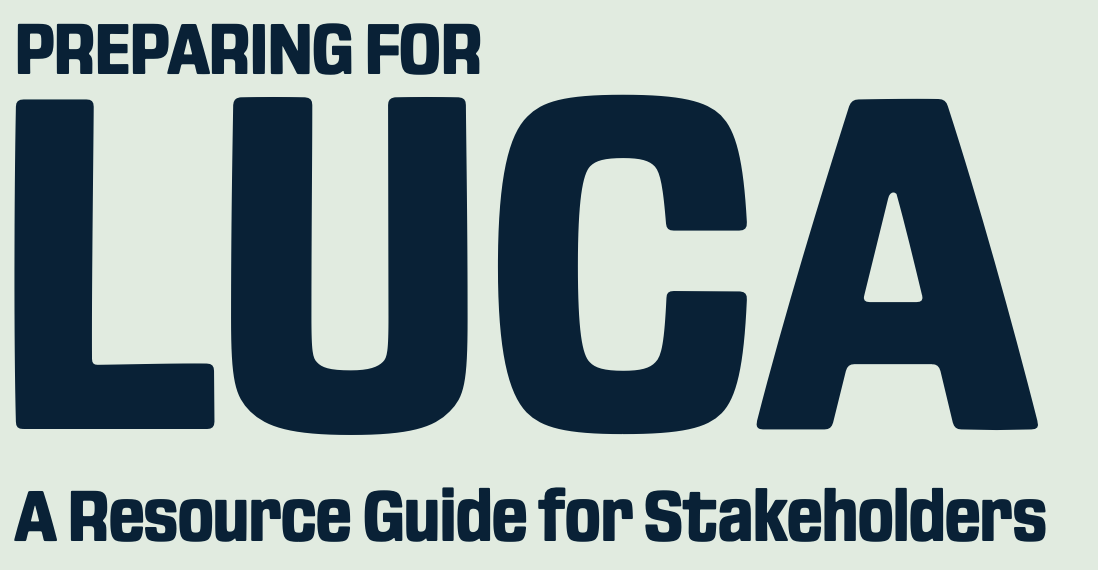Here is your roadmap for census-related actions in 2025:
Learn how to strengthen most any civic campaign with census-driven insights.
Estimated Reading Time: 8 minutes
Learn how to engage with funders to build outreach capacity and resources well before 2030.
Estimated Reading Time: 9 minutes
Learn how to chime in on the census R&D phase to help shape its evolution.
Work with state and local governments to help them plan and have the infrastructure, expertise, and resources to support LUCA.
Learn how to tell "stories from the heart" around the impact of the census.
Learn how to expand your census coalition.
Estimated Reading Time: 7 minutes
In 2024, the federal government finalized new standards for collecting race and ethnicity data—changes that will directly impact how questions are asked in the 2030 Census.
Learn how to strengthen most any civic campaign with census-driven insights.
Estimated Reading Time: 8 minutes
These are just some of the census-related advocacy actions your organization should take in 2025 to lay early groundwork for a fair, complete, and accurate count in 2030. It’s never too early to get started.
Preview Important Milestones and Actions for Past and Upcoming Years:
Which Roadmap path is best for you?
Check below to see which description best captures you and click to see suggestions fashioned for your interest.
I use the census for shaping my work.
Businesses, Elected Officials, Civil Servants, Unions, and Advocacy Organizations
I help utilize, report on, and explain the census.
Educators, Libraries, Community-Based Organizations, Influencers, Researchers, and Media
I want to support organizations using the Roadmap.
Funders, Grantmaking Organizations, Potential In-Kind Partners
What is the Roadmap to the 2030 Census?
The Leadership Conference Education Fund and Census Counts developed the “Roadmap to the 2030 Census.” This resource includes U.S. Census Bureau milestones and concrete examples of ways community-based and advocacy organizations, state and local governments, and other partners can engage in census work throughout the decade.
Why start now on the 2030 Census?
The census provides a snapshot of the nation’s population and its demographics. Ensuring accuracy is vital because this data influences legislative representation, the allocation of federal funds, and helps policymakers make informed decisions. Starting early allows for thorough preparation and avoids last-minute pitfalls, which can jeopardize accurate counts.
Census data determines the distribution of over hundreds of billions of dollars in federal funding each year. An undercount can lead to significant underfunding for communities, affecting schools, healthcare, infrastructure, and other public services. By starting planning now, communities can be adequately reached and represented, ensuring they receive their fair share of resources.
Raising awareness is a time-consuming process that involves educating the public on the importance of the census, dispelling myths, and addressing concerns. By starting early, there’s ample time to engage with various communities, especially those historically undercounted, and mobilize them to participate.
Numerous challenges can emerge, from logistical issues like accessing remote areas to cultural or language barriers that make some populations harder to reach. Starting early provides the time to identify these challenges and develop tailored strategies to address them effectively.
Community-based organizations and advocacy groups play a pivotal role in reaching out to and mobilizing diverse communities, especially those that are historically underrepresented or mistrustful of government initiatives. Starting early allows these groups to form partnerships, coordinate efforts, share resources, and tailor their outreach strategies to the specific needs of the communities they serve. This collaborative approach enhances trust, maximizes resources, and ensures a comprehensive outreach, ultimately leading to a more accurate census count.



